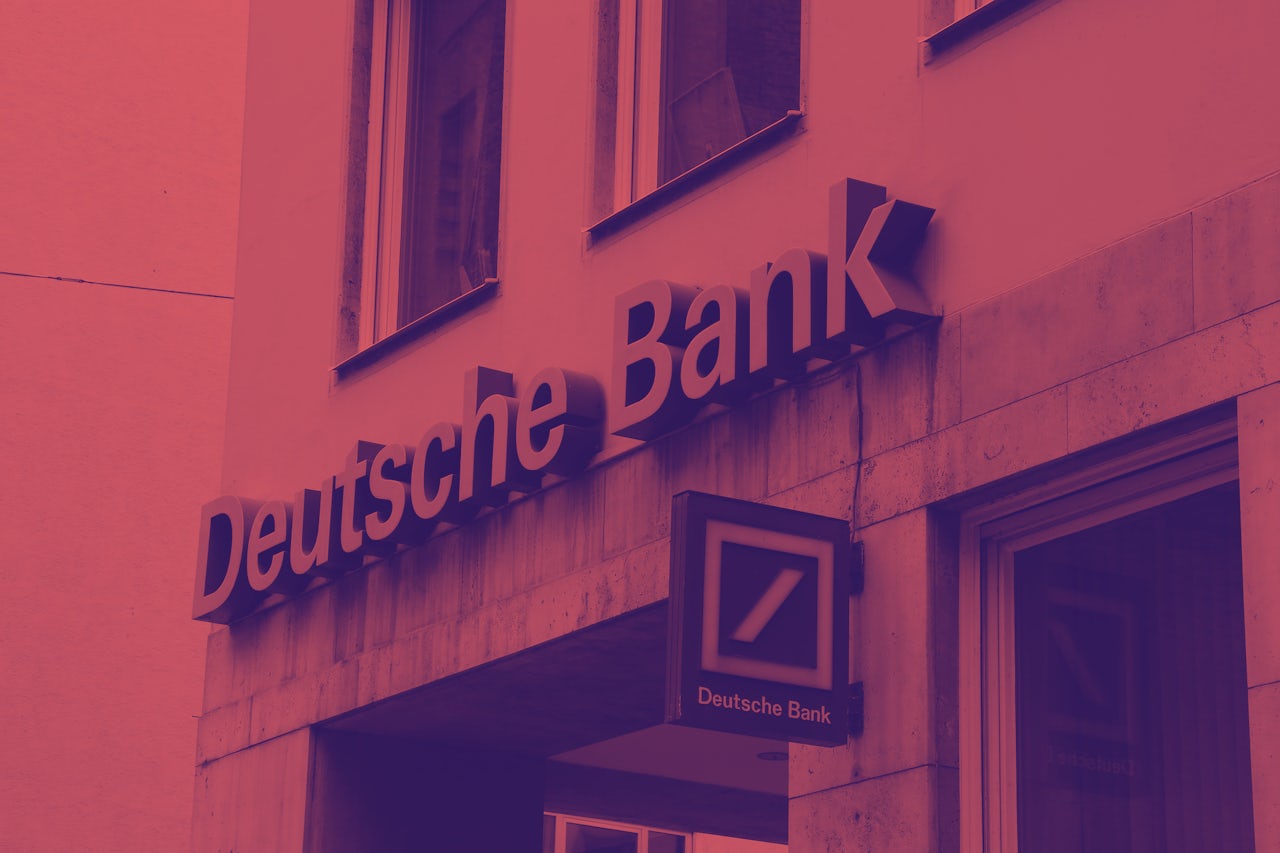In 2010, when William Corless was working in the entertainment business in Hawaii, he used to imagine a floating city-state, drifting on the waves of the Pacific Ocean. It would be a libertarian utopia, he decided, and he would call it the Pacifica Nation.
Corless is a former US Air Force communications specialist who loves Ultimate Fighting and economics. He sometimes talks about the Pacifica Nation as a serious country he intends to found but other times as a sort of philosophical thought experiment.
"These are all just ideas," Corless said of the Pacifica Nation, which these days is still little more than a half-built website. “It’s more of a mythical concept at this point.”
The Pacifica Nation does have one thing in common with real countries, however: It has its own money. In 2013, Corless used the source code for Bitcoin, the semi-anonymous digital currency that debuted in 2009, to create his own digital currency called Paccoin. To date, it seems to be the most concrete aspect of the Pacifica Nation.
"Basically, I started the coin with the concept that it would be the coin for the Pacifica Nation and eventually build a floating city," Corless said.
Bitcoin was founded on the idea that technology could replace government and big banks in the economic system. Instead of the Federal Reserve and the US Treasury, bitcoin users would all keep digital copies of a distributed ledger that would be constantly checked against one another in order to authenticate transactions.
Bitcoin isn't just a blueprint for digital cash, though. It also represents an ideology — which inspired libertarians, utopists, technologists, and geeks of all kinds to launch their own versions, hoping to build a community around a coin. Auroracoin is a currency alternative for the struggling Icelandic economy. MazaCoin is designed to encourage Native American sovereignty. There's VapersCoin for vapers; GayCoin for the LGBTQ community; and PotCoin for the cannabis industry, which has had trouble getting support from traditional banks.
Bitcoin isn’t just a blueprint for digital cash. It's an ideology.
These bitcoin alternatives are called "altcoins." They employ the same central technology, known as a “blockchain” — that online ledger of transactions that’s maintained by its users — to let people make transactions over the internet without a middleman.
According to Julie Maupin, a senior fellow at the Centre for International Governance Innovation who studies the legal dimensions of those technologies, the most promising altcoins are the ones that push the technical limits of existing cryptocurrencies, like the privacy-centric ZCash, or Ethereum, which can be used to facilitate online contracts. She confirmed the impression I got from my research: A small number of altcoins are innovative, and the rest are pretty much jokes — whether intentional or not.
"I haven’t spent a lot of time researching the lesser-known altcoins," Maupin said, laughing, “because it’s not a good use of my time.”
No altcoin has come close to Bitcoin's market cap, which was $11 billion at the time of writing, but some have found degrees of monetary success, like the handbuilt Ethereum (market cap: $906 million at the time of writing), the bank-friendly Ripple ($290 million), the veteran Litecoin ($184 million), and the meme-based Dogecoin ($24 million). Meanwhile, there are hundreds of also-rans — ambitious projects, like Paccoin, that launched with fanfare but quickly faded into obscurity.
"I had a lot of people say, ‘Well, your coin is going to be like some of these currencies, like Zimbabwe, where its value went through the floor,'" Corless said. "And it kind of did."
According to Coin Market Cap, a site that tracks the value of many cryptocurrencies, Paccoin in mid-November had the unfortunate distinction of being the second-to-least valuable currency out of the 706 tracked by the site. Coin Market Cap’s estimated value for a single Paccoin is $3.9e-09, or nearly half of one millionth of one penny.
Paccoin is in good company. Golfcoin, described as "the world's first hybrid digital currency designed for the golf industry," failed to gain traction. HamRadioCoin, for amateur radio enthusiasts, has let its website domain expire. One-off gags, like PizzaCoin and the ill-fated Coinye West, have similarly languished.
To be fair, certain niche altcoins have found modest success. A startup called GameCredits, which created its own cryptocurrency specifically to facilitate microtransactions in video games, is now used in a number of independent games. The creators of a game called Beyond the Void raised development funds by selling off units of an in-game cryptocurrency called Nexium.
Then, of course, there are also altcoins that appear to be nothing more than scams. The most notorious might be OneCoin, a closed source project that has been widely decried as a Ponzi scheme and has reportedly attracted the interest of financial authorities in Belgium.
It’s vastly easier to create a cryptocurrency than to mint a physical currency, so the internet is littered with the wreckage of failed attempts. Bitcoin-style cryptocurrencies are designed so that transactions cannot be reversed and coins cannot be destroyed, which makes it impossible to delete an altcoin once you've given it up.
"In a sense, as long as a blockchain exists somewhere in the world, you could make the case that it still exists," said William Luther, an adjunct scholar at the Cato Institute and assistant professor at Kenyon College. “It could be seen as a chest full of gold at the bottom of the ocean. Does the gold still exist? Sure. But we can’t access it.”
That, at least for Corless, seems to be part of the appeal.
"That’s the beauty of these altcoins," Corless said. “Even if the creator dies, the coin can continue. It’s something I built that can actually outlive me.”
Correction: An earlier version of this story incorrectly identified Zcash as ZCoin.

